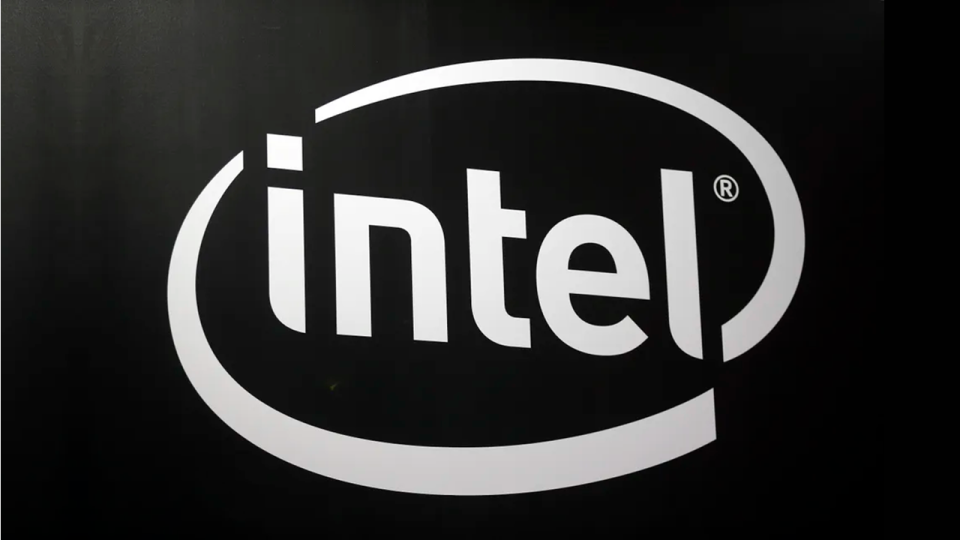When you buy through links on our articles, Future and its syndication partners may earn a commission.

Intel shareholders are suing the company in the wake of its share price rapidly plummeting. The legal action comes days after Intel announced the suspension of dividends and the planned layoff of over 15,000 employees. At its worst, this share price drop wiped over $32 billion off Intel’s market value in a single day.
Shareholders said they were blindsided by Intel’s August 1 announcement, with the company explaining that its contract foundry wasn’t performing as expected. Reuters says this additional cost, combined with a 99% drop in revenue in 2Q24 led to a $1.61 billion net loss for the semiconductor giant.
The proposed class action suit lists Intel, CEO Pat Gelsinger, and CFO David Zinsner as the respondents. According to the petitioners, “[the] company’s materially false or misleading statements regarding the business and its manufacturing capabilities inflated its stock price from Jan. 25 to Aug. 1.” The case was filed in San Francisco federal court by the Construction Laborers Pension Trust of Greater St. Louis, but itis not the only lawsuit that the company is facing. A patent spat with R2 Semiconductor in several European countries, regarding a voltage regulation technology patent, also looms on the horizon.
Although the company has recently won its case against R2 in the U.K., it’s still fighting an appeal battle in Germany where it lost the case, plus there are looming cases filed in France and Italy. Another class action lawsuit on behalf of customers who bought 13th- and 14th-gen chips affected by the Intel instability issue is being investigated by another law firm.
Aside from these legal battles and the Raptor Lake problems, the company is also lagging behind its competitors, with AMD releasing its much-anticipated Ryzen 9000-series processors in August and Nvidia securely holding the crown in AI processing. TSMC, Samsung, and HK hynix are also raking in the benefits of the AI rush on the chip manufacturing side of things, with these companies busy churning out leading-edge next-generation processors and supporting components to power AI.
Intel perhaps hopes for some reprieve with its next-generation processors, dubbed Lunar Lake, expected to launch in September with nine SKUs. However, the instability issues of its 13th- and 14th-gen chips are currently grabbing headlines and overshadowing the new chips. Unless the company fixes all these issues soon with the support of its systems and board partners, it risks losing market share and passing the x86 crown to AMD for the first time since the race began.
EMEA Tribune is not involved in this news article, it is taken from our partners and or from the News Agencies. Copyright and Credit go to the News Agencies, email news@emeatribune.com Follow our WhatsApp verified Channel





